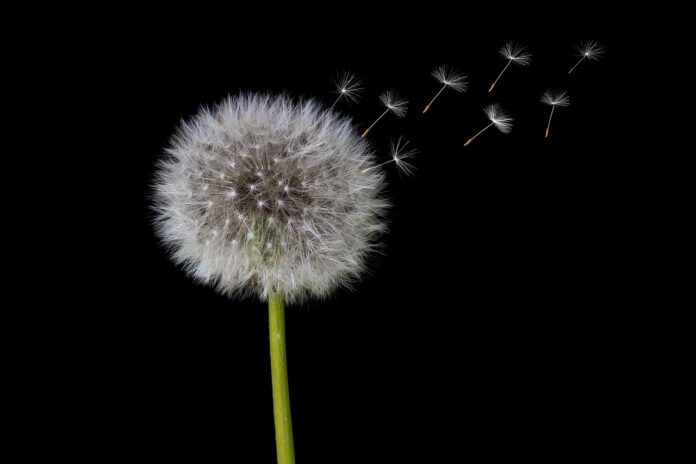Dandelions are common flowering plants known for their bright yellow flowers and fluffy seed heads that children love to blow on. They are often considered weeds but have many uses and benefits, including being edible and nutritious.
Interesting Facts About Dandelions
- Every part of the dandelion is edible, from roots to flowers.
- Dandelions are rich in vitamins A, C, K, and minerals like iron and calcium.
- Dandelions are found almost everywhere except in high mountain regions and arctic zones.
- There are more than a thousand known species of this plant worldwide.
- You can approximate the time by looking at dandelions – they open around six in the morning and close at three in the afternoon.
- The flowers close before rain, so dandelions can be considered natural barometers.
- Some people make a coffee-like drink from roasted dandelion roots.
- Despite the limited recognition of dandelion leaf dishes in our country, some cultures (such as Native Americans, Chinese, and Italians) have been preparing and consuming them for centuries, even selling them in stores.
- Dandelions can be a gardener’s nightmare – this hardy plant can regenerate even from a damaged part of the root.
- An infusion of dandelion flowers is widely used in cosmetology – it can effectively whiten the skin from pigment spots and freckles, while a mask made from its leaves deeply nourishes and rejuvenates the skin.
- You can make jam from dandelion flowers that tastes like honey, as well as a medicinal tincture for various ailments. All parts of this plant are successfully used in folk medicine.
- The milky sap of dandelions helps with bee stings by reducing pain and swelling.
- The roots of some dandelion species contain latex, and they have been used for rubber production.
- What we call a dandelion flower is actually an inflorescence consisting of 100-200 small flowers.
- Dandelions bloom in May-June but can also bloom again in the fall.
- A single dandelion plant can produce over 10,000 seeds in a season, which can travel hundreds of kilometers due to their unique structure.
- Roasted dandelion roots can be used as a caffeine-free coffee substitute.
- Dandelion leaves and roots can be used to make herbal tea.
